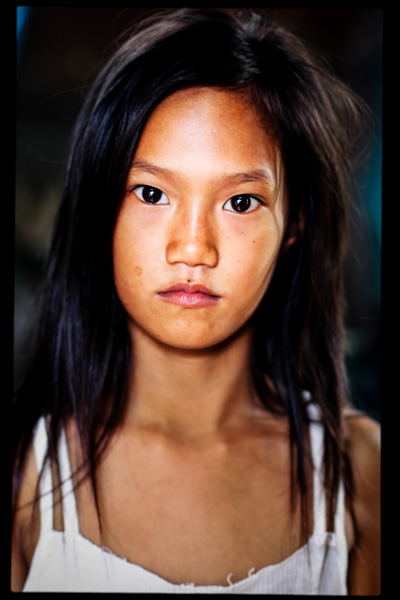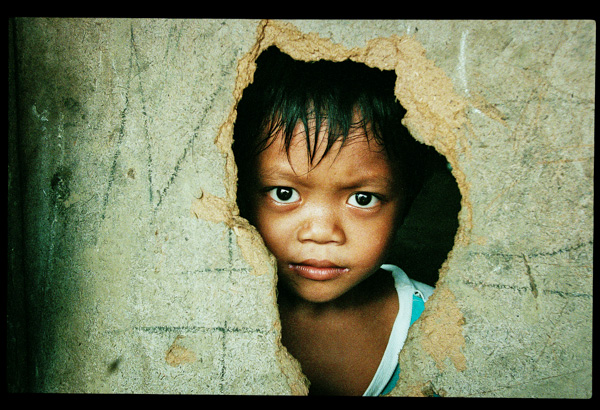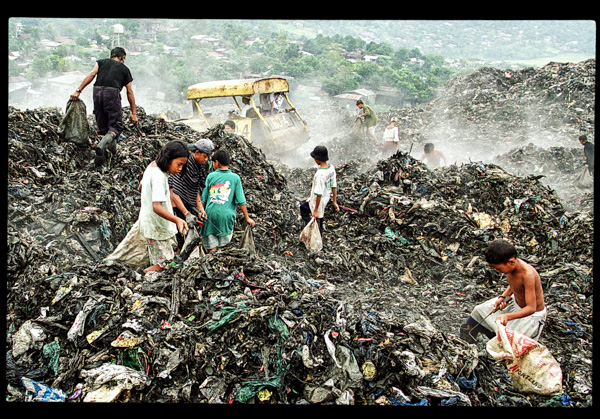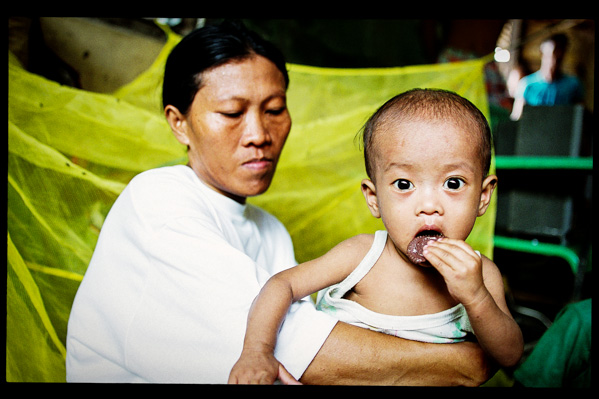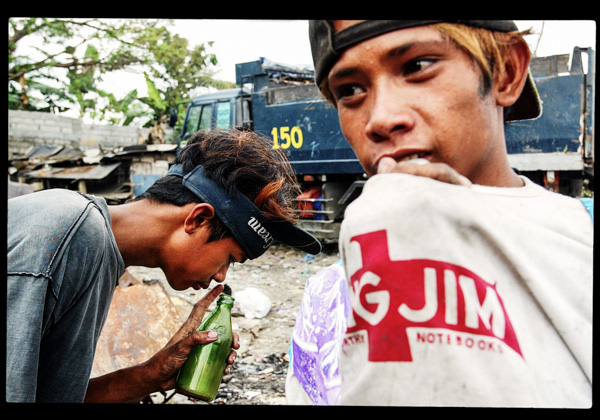The Philippines is the rising tiger economy of Asia. But only the rich people are going up and up. The poor falling behind again.
The Philippines, with a 7.8 percent expansion of gross domestic product in the first quarter of 2013, has the fastest-growing economy in East Asia, surpassing even China’s. The country has a red-hot stock market, a strong currency and a steady stream upgrades from international ratings agencies.
An estimated seven million Filipinos, about 17 percent of the work force, have gone overseas in search of jobs, according to the Asian Development Bank. For those who stay home, options are few.
Despite the rapidly expanding economy, the country’s unemployment rate increased to 7.5 percent in April, from 6.9 percent at the same time a year earlier. About three million Filipinos who want to work are unemployed.
“Higher rates of economic growth over recent years have not made a serious dent in the employment problem in the Philippines,” the Asian Development Bank reported in its recent Asian Development Outlook report.
The Philippines still has a strong service sector. In 2011, it overtook India as a top provider of offshore call centers. But the country lacks the manufacturing base that has lifted millions of people out of poverty in other Asian countries.
In countries like China, the rural poor increased their income by finding jobs in factories. That is rarely an option in the Philippines, and few poor people from the countryside are qualified to work in a call center.
The country’s latest poverty data, released in April, shows almost no improvement in the last six years. About 10 percent of Filipinos live in extreme poverty, unable to meet their most basic food needs. This is the same figure as in 2006 and 2009, the previous years when poverty data was gathered, according to the National Statistical Coordination Board.
The board also estimated that 22.3 percent of families were living in poverty in the first four months of 2012, compared with 22.9 percent in 2009 and 23.4 percent in 2006.
According to government estimates, more than nine million extremely poor Filipino households are not able to earn the 5,460 pesos, or $135, needed each month to eat.
Other reports confirm the government’s findings that poverty has persisted. In a survey by the independent Manila polling group Social Weather Stations,
Another survey shows that the number of Filipino families reporting that they periodically go hungry has increased in recent months.
The survey found that 19.2 percent of survey respondents, about 3.9 million families, reported going hungry. This is up from 16.3 percent in December 2012, when a similar survey was done
Meanwhile, the Philippines has slipped on the U.N. Human Development Index, ranking 114th of 187 countries in 2012 in categories like health, education and infant mortality. The country had a ranking of 105 in 2007.

